Adaptogen plants: the ultimate natural remedies for burnout and stress?
A hot topic. But what can they really do for you? A guest column from an herbalist
Hi! This is Leyla from A Day Well Spent, a newsletter seeking pathways to more purposeful living.
What subscribers received recently:
You can subscribe with your email to ensure you never miss my posts:
Welcome to guest writer season here on A Day Well Spent — For a few weeks while I’m on the road, I am publishing some brilliant columns from guest writers and I’m so excited to share their voices with you.
I will still be in the comments and hope to see you there.
If you appreciate this piece as much as I do, please let me (us!) know by tapping the ❤️ at the top or bottom or by forwarding it on. You may also like our community discussion on alternative therapies and How plants literally save lives.
Marie Buron is an herbalist and registered Bach flowers practitioner with a degree in Psychology. She has been studying and practicing herbalism intensively for the past five years, including at several world-renowned herbalism schools (Herbothèque, Flora Medicina, Althea Provence). She continues to train and writes at Naturally Yours.
Adaptogens: the ultimate natural remedy for burnout and stress?
A hot topic. But what can they really do for you?
by Marie Buron
Lately, everyone seems to be talking about adaptogens and if you're interested in supporting your health naturally, you've probably already heard of them.
This group of medicinal plants and mushrooms include ginseng, eleutherococcus, rhodiola, tulsi, ashwagandha, schisandra, Chinese astragalus and reishi. And they are often presented as miracle remedies with countless benefits.
But what exactly are these adaptogenic plants? What can they truly do for you? In what situations is it appropriate to take them? How to choose the right one?
And what do you need to know to avoid the adaptogens pitfall and make a sensible, respectful use of these precious plants?
What is an adaptogen plant?
Adaptogens are plants that have the ability to help us deal with stress, whether environmental, physical, psychological or emotional.
They make it easier for us to adapt, they reduce the negative effects of the stress to which we are subjected and they help to restore our balance.
In traditional Chinese medicine, they are considered to nourish and strengthen our vital force, our Qi (nothing less!).
It goes without saying that in our fast-paced modern world and given the disastrous impact stress has on our health — it is estimated up to 90% of human diseases are stress related and 43% of all adults suffer adverse health effects from stress — adaptogens are a precious asset.
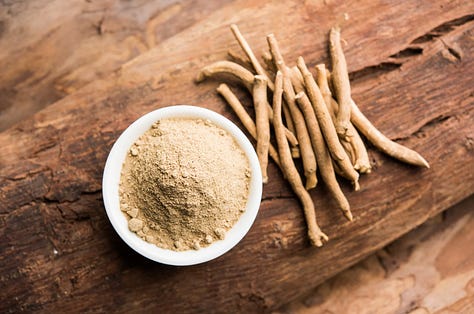
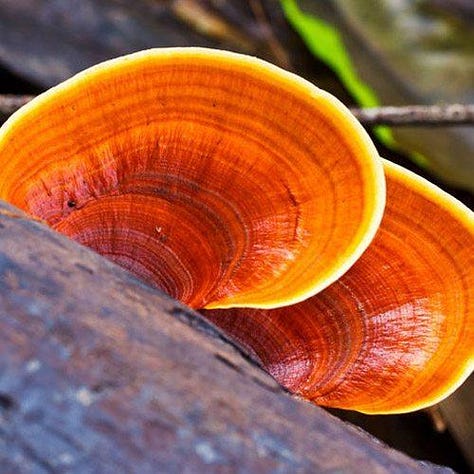
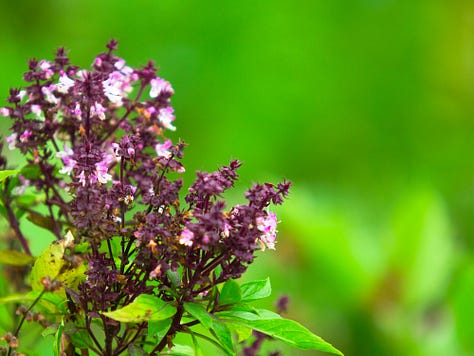
How do adaptogens work?
The adaptogens action seems to be due to their effects on the hypothalamic-pituitary-adrenal axis (or HPA axis — a communication system between three organs that each release hormones to raise cortisol levels), which plays a major role in regulating many of our bodily functions.
Amongst other things, adaptogens gradually reduce cortisol production, helping to harmonize our response to stress and allow us to regain stability of our nervous system — particularly valuable in cases of chronic stress.
When we take them, we have more energy. Our mind is clearer and calmer. Our mental acuity and concentration increase. And all our bodily functions improve.
They also regulate our immune system, resulting in fewer illnesses. This is only logical, since we now know that stress weakens our immune system.
When is it appropriate to take adaptogens?
We take adaptogenic plants to accompany periods of stress.
If we are speaking about purely physiological stress, you will benefit from the support of adaptogens.
For example, during periods of great fatigue (long convalescence, cancer etc.), the changing of the seasons, or if you have to make sustained physical efforts. Or, physical efforts in extreme conditions – perhaps you are an athlete, you’re going to dive into cold water or you want to climb Mount Kilimanjaro.
But it is when we are subjected to prolonged psychological and emotional stress – and our nervous systems need rebalancing – that adaptogens are most frequently used.
They provide invaluable support when we are feeling a strong mental pressure at work or in our private lives, or during particularly demanding periods. For example, an overload of intellectual work, exams, financial worries, loss or separation, or periods of uncertainty.
Adaptogens are indispensable allies to include in our medicinal plant-based protocol when we suffer from chronic stress.
They help us to calm down when we are in a state of hyperexcitability — extremely tense, on edge and running around like headless chickens.
And they support us and help us regain a certain amount of energy when we reach the end of our reserves and enter the phase of fatigue, then exhaustion, that precedes the onset of burnout.
Finally, adaptogens are also useful for supporting a weakened immune system. They will thereby be valuable when we tend to suffer from repeated illnesses.
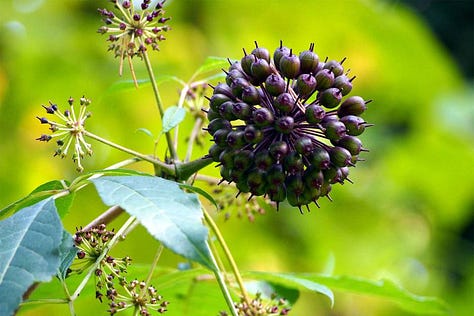


Beware of the adaptogens pitfall
Despite their many advantages, the use of adaptogenic plants involves a potential pitfall of which you need to be aware!
Imagine you're going through a trying period at work. Perhaps your boss has given you an important project to achieve and has imposed particularly tight deadlines, forcing you to perform a lot of overtime.
Perhaps you are self-employed and working hard to ensure the success of your business. You’ve been giving it everything you’ve got for weeks, maybe even months, and now you are feeling increasingly exhausted.
You then discover the amazing power of adaptogenic plants. So you go directly to your favorite herbalist shop, you buy some, you start taking them and you slowly feel your energy returning.
But what will you do with this energy?
Let’s be honest, you will certainly be tempted to step on the accelerator again and be as productive as you possibly can to achieve your initial goal.
The problem? In doing so, you will be heading straight into a wall
(yes, I have made this mistake myself)
If you only take plants to maintain the lifestyle you have now – one that is unbalanced and unsustainable for you physically, mentally and emotionally – you will only be delaying the inevitable burnout.
If you suffer from chronic stress, the energy offered by adaptogenic plants will give you a reprieve that you would be wise to use to actually rest. And to rethink and adjust your way of life.
You might need to reduce the number of hours you are working, to let go of an energy-consuming hobby, to start practicing a sport to blow off steam, or to learn a meditation technique. You might also seek the support of a therapist, be that a psychologist or an alternative medicine practitioner.
Bach flowers1, for example, can help you to free yourself from the emotional patterns causing you to feel stressed.
As wonderful as they are, medicinal plants can’t magically solve all our problems (if only, I know). They must therefore be part of a much broader approach.
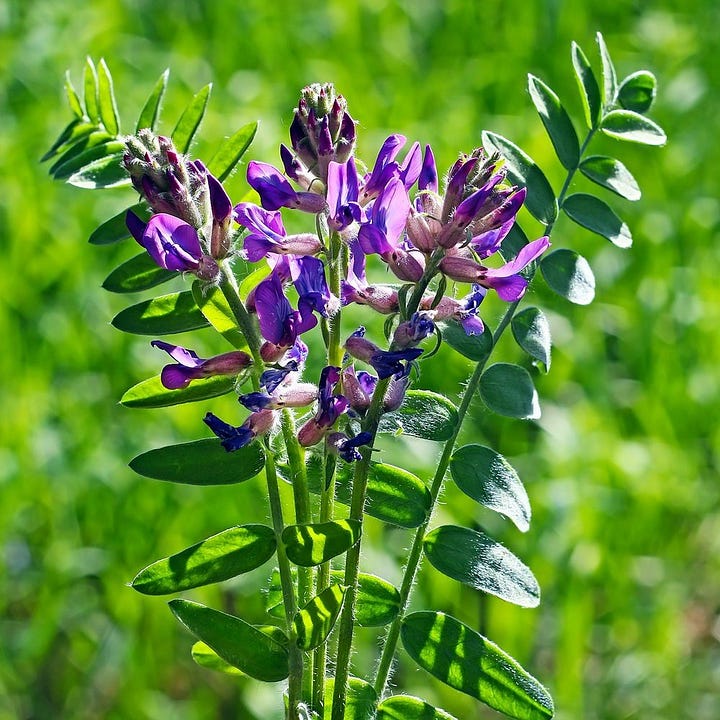

Choosing the right adaptogen plant
Talking about ‘the adaptogenic plants’ can give us the impression that they all do the same thing and are therefore interchangeable.
This is not the case.
Each plant has its own particularities, its distinctive features and you'll need to find out which one is the right match for you.
Here are examples of when to take 5 different adaptogenic plants and important rules to follow to maximise their effects.
Along with how to easily grow some of them at home.

